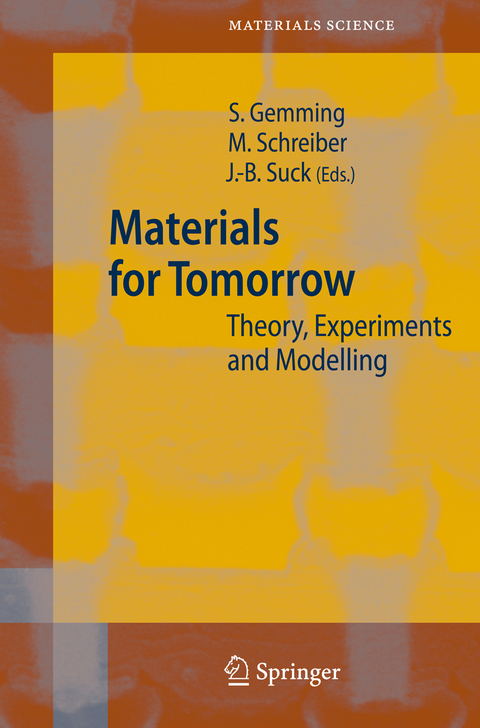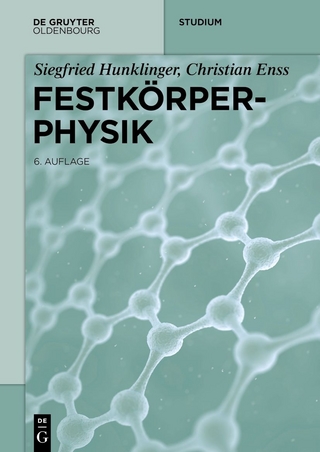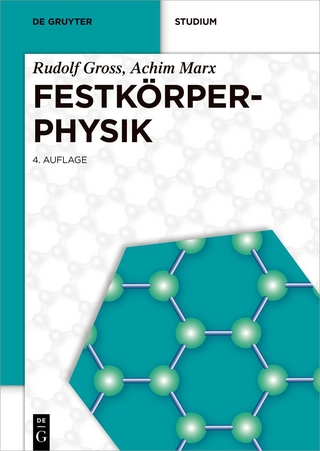
Materials for Tomorrow
Springer Berlin (Verlag)
978-3-642-08003-6 (ISBN)
Sibylle Gemming is senior scientist at the Institute of Ion-Beam Physics and Materials Research, Forschungszentrum Rossendorf, Dresden, Germany Michael Schreiber holds the chair of Theory of Disordered Systems at Chemnitz University of Technology Jens-Boie Suck held a chair of Material Science and Liquids at Chemnitz University of Technology, Germany. Now em.Prof. of the same University, Extraordinarius at the University of Bale, Switzerland
Computer Simulations of Undercooled Fluids and Glasses.- Simulation of Inorganic Nanotubes.- Spintronics: Transport Phenomena in Magnetic Nanostructures.- Theoretical Investigation of Interfaces.- Electronic Structure and Transport for Nanoscale Device Simulation.- Metallic Nanocrystals and Their Dynamical Properties.
| Erscheint lt. Verlag | 30.11.2010 |
|---|---|
| Reihe/Serie | Springer Series in Materials Science |
| Zusatzinfo | XIV, 194 p. 92 illus., 7 illus. in color. |
| Verlagsort | Berlin |
| Sprache | englisch |
| Maße | 155 x 235 mm |
| Gewicht | 328 g |
| Themenwelt | Naturwissenschaften ► Physik / Astronomie ► Festkörperphysik |
| Naturwissenschaften ► Physik / Astronomie ► Thermodynamik | |
| Technik ► Maschinenbau | |
| Schlagworte | computer simulation • Experimental investigation of new materials • Materials Science • Metall • Nanomaterial • nanomaterials • nanostructure • Nanotube • Simulation • Simulation of new materials • Spintronics |
| ISBN-10 | 3-642-08003-0 / 3642080030 |
| ISBN-13 | 978-3-642-08003-6 / 9783642080036 |
| Zustand | Neuware |
| Haben Sie eine Frage zum Produkt? |
aus dem Bereich


